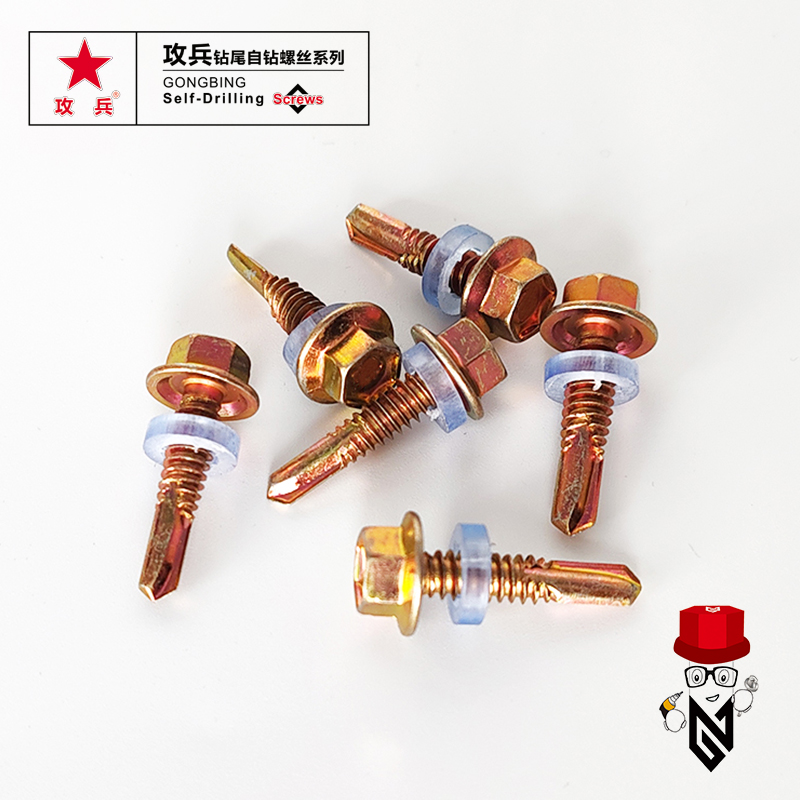resin bolt fixings
The Importance of Resin Bolt Fixings in Modern Construction
In the ever-evolving world of construction, the choice of materials and fastening methods plays a crucial role in ensuring structural integrity and longevity. One innovative solution that has gained traction over recent years is resin bolt fixings. These systems leverage the adaptability of resin and the robust nature of bolts to create secure and reliable anchoring solutions for various applications.
Resin bolt fixings consist of a chemical adhesive, typically epoxy or polyester resin, combined with a metal bolt. The resin is injected into a pre-drilled hole, followed by the insertion of the bolt. As the resin cures, it bonds to both the bolt and the surrounding substrate, creating a strong and durable connection. This method is particularly advantageous when working with concrete, brick, or masonry, where traditional mechanical fixings might struggle to provide the necessary holding power or could risk damaging the material.
One of the primary benefits of using resin bolt fixings is their high load-bearing capacity
. They can accommodate substantial loads without compromising safety, making them ideal for heavy-duty applications such as anchoring structural steel beams, mounting machinery, or securing railings. Additionally, resin fixings are less sensitive to environmental conditions than traditional methods. They are capable of maintaining their strength in wet or adverse conditions, which is crucial for outdoor projects or infrastructure exposed to harsh elements.resin bolt fixings

Resin bolt fixings also offer versatility in terms of installation. Since they do not rely on traditional expanding mechanisms, they can be used in a wider range of materials, including hollow substrates where conventional bolts would fail. Furthermore, the installation process is relatively straightforward, often requiring minimal specialized tools, which can result in significant labor cost savings.
Another important aspect to consider is the reduction of vibration and noise that resin fixings provide. This is particularly beneficial in environments where machinery operates continuously or in residential areas where noise pollution is a concern. The resin's damping properties can mitigate the transmission of vibrations, contributing to a quieter and more comfortable living and working environment.
Moreover, the lifespan of resin bolt fixings is typically longer compared to traditional mechanical fasteners. The corrosive resistance offered by the resin means less maintenance and lower replacement costs over time, which is an appealing factor for both builders and property owners alike.
In conclusion, resin bolt fixings represent a forward-thinking solution to the challenges faced in modern construction. Their high load capacity, adaptability to various materials, ease of installation, and durability make them a favored choice for many builders and contractors. As the industry moves towards more innovative fastenings, understanding and utilizing resin bolt fixings can lead to enhanced structural performance and increased project efficiency. Embracing such advancements not only reinforces the stability and safety of constructions but also paves the way for sustainable practices in building design and engineering.
-
Weatherproof Plastic Expansion Anchors for OutdoorNewsJun.06,2025
-
Sustainability in the Supply Chain: Eco-Friendly TEK Screws ProductionNewsJun.06,2025
-
Load-Bearing Capacity of External Insulation FixingsNewsJun.06,2025
-
Double Head Bolts: Enhancing Efficiency in Industrial MachineryNewsJun.06,2025
-
Corrosion Resistance in Chipboard Screws: Coatings for Wholesale DurabilityNewsJun.06,2025
-
Butterfly Toggle Bolts : Enhancing Structural ResilienceNewsJun.06,2025
